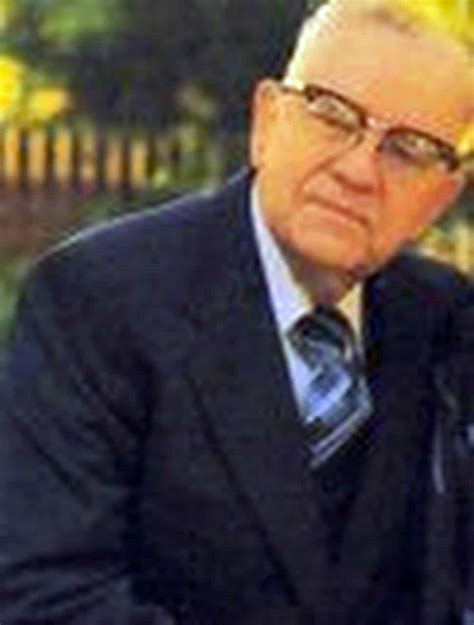A Quote by Jason Reitman
And as a director, you make 1,000 decisions a day, mostly binary decisions: yes or no, this one or that one, the red one or the blue one, faster or slower. And it's the culmination of those decisions that define the tone of the film and whether or not it moves people.
Related Quotes
A hundred years ago-even 20 or 30 years ago-it was possible, if not always easy, to close major business by calling on and satisfying a key decision-maker. Today, every piece of business entails multiple decisions, and those decisions are virtually never made by the same person. Not only do you have to contend with multiple decisions, but the people who make those decisions may not even work in the same place.
Through the plan of prayer, God actually is inviting redeemed man into full partnership with Him; not in making the divine decisions, but in implementing those decisions in the affairs of humankind. Independently and of His own will, God makes the decisions governing the affairs of earth. The responsibility and authority for the enforcement and administration of those decisions, He has place upon the shoulders of the church.
I'm interested in the balance between big currents in history - the economies, the ideologies, social structures, and so on - and the decisions that people have to make. At the heart of all these great decisions to go to war, there are human beings who have to say, 'Yes, let's do it,' or 'No, we won't do it.'





































